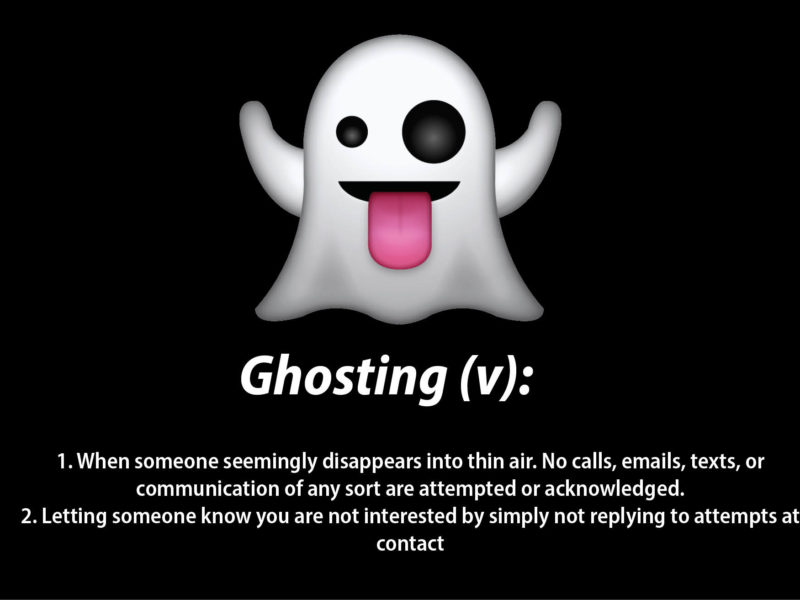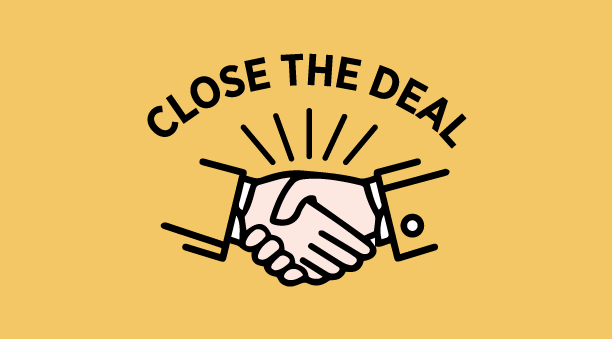The Money Question Can be a Trap
Depending on the situation and considerations about your job skills, market sector and professional level, you might have the opportunity to negotiate and influence your salary and compensation during an interview process. However, if you will be earning union scale, working for an institution, public service or government–related function, there may be little or no flexibility and you’ll simply be told what you will earn, end of subject. Likewise, it may be similar if you interview for a position that requires only a single interview before a decision, such as retail or entry–level position. However, whenever it is possible, avoid the money question during the first interview. Here’s why: if you are asked during the first interview before they elaborate on the job role specifics, they may be using money as a screening tool. Never mind that you might be the most qualified applicant, how you answer may prevent you from being moved forward in the hiring process.
The problem is if you say a number too high they may rule you out of further consideration. If you say a number too low you may be cheating yourself. Thoughtlessly suggesting a salary range will almost always result in their locking onto the low end of the scale, not the high end. Their job is to get you at the best (lowest) price and your job is to seek a fair wage in exchange for your work. Throwing numbers around carelessly before either side has conducted their initial due diligence, which is what the first interview is all about, is not a smart strategy for you, the job seeker.
Of course money is an important factor but I suggest it takes a close second place to the importance of the opportunity itself. If you receive the best pay for a bad job, how long will you stay before you start to look all over again? The first interview is a get–to–know–you meeting and an information–gathering exercise to learn more about the job for which you are applying. Plus, they need to learn more about you. I suggest you attempt to deftly sidestep the topic by saying something like, “I’d like to first learn more about the job to determine how much I would ask for, and perhaps you don’t yet know enough about my experience to determine what I am worth”. If that response does not satisfy them and they continue to press for an answer, it is fair to share how much you are currently earning and suggest you do not want to earn any less, again suggesting you’d like to learn more about the job and what will be expected of you. Hopefully you can then use that and subsequent interviews to demonstrate why you are the best choice. Recognize that the better you do during the interview process the more your stock rises, so why talk about money before they know anything about you beyond your resume. Don’t fall victim to expedient and often lazy methods of an interviewer trying to save time whittling down the number of first–round applicants. If you ask about money in a first meeting before they bring it up, you will be perceived as having more interest in the cash than the job; it’s just not professional. Hang in there and hold your fire, be strategic in your thinking, you are playing chess and not checkers; get more info about the position for which you are applying. On average, it is from the point of the second interview that all of this is fair game. Ensure that you have a complete understanding of the compensation package by the end of the interview process and, absolutely, before you accept a job offer.
One more thing: if you are currently working you have some flexibility to attempt to earn the same or better than you are currently earning, although the current sluggish economy favors the company’s position. If you are not working, and depending on the length of time since your last paycheck, most often you have less leverage and are less likely to be in a position to dictate a higher level of compensation. The longer your break in employment may be, you might even have difficulty getting what you previously earned. Hey, I don’t make up the rules but that’s the way it is.



